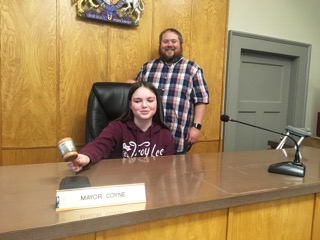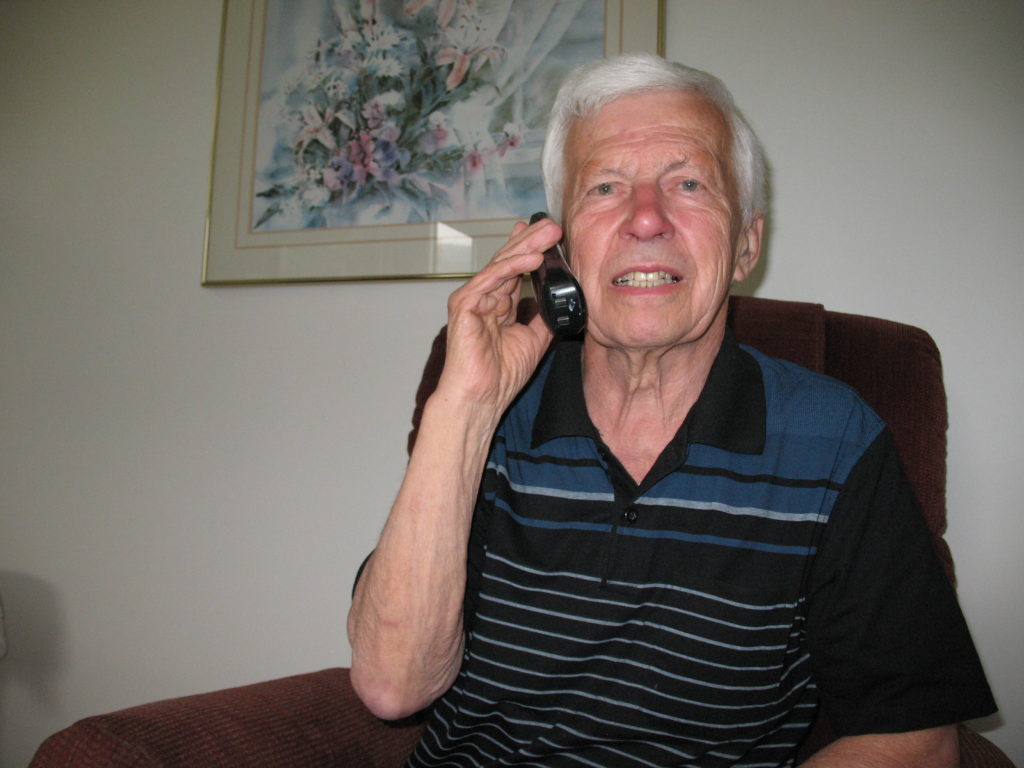
Almost without exception, the Young Offenders we worked with at Camp Colonial in Hedley came from fractured, dysfunctional homes. Untrusting, minimally acquainted with the truth, devious, suspicious of almost everyone, they had gravitated to criminal activity. In spite of the negatives that had crept into their lives, most were eminently likeable. Curt, a skinny16 year old youth from Kamloops was all the above, but he really wasn’t easy to like. An aura of deep disgruntlement pervaded the space around him. His moods were erratic and people felt uneasy in his presence. Possibly he suffered from an undiagnosed mental illness. Because he had come with a reputation for being unpredictable and at times violent, an experienced staff was assigned to work with him exclusively.
In the midst of the current angry protests against police violence and calls for defunding, I was reminded of an incident involving Curt. His mother had arrived by Greyhound to visit him on a warm June day. Larry, his worker noted a good deal of agitated whispering and an underlying friction simmering between them. It was evident she too was not mentally and emotionally stable. At the end of the day, as she was about to board the bus to leave, she French kissed Curt. He seemed to accept this as part of their usual routine.
We had learned to expect that a visit from a parent could easily cause a kid to become distraught at being left behind. That evening I was Duty Officer and at about 8 pm I received an urgent call from Larry on my two way radio. “Curt has become totally unhinged,” Larry said. “He’s in the program office and has locked the door. There are crashing sounds. He’s trashing the place.”
I arrived at the site within minutes and attempted to make voice contact with Curt. He was shouting obscenities at the world and smashing furniture. Apparently he had withdrawn into some dark inner space that shut out my attempts to communicate. Suddenly he burst from the office, leaving the door hanging from its top hinge. In his haste he nearly knocked me down. Running frantically, he made his way to the highway skirting our community. Stopping in the middle of the highway, he began walking furiously along the white centre line, quite oblivious of the traffic speeding by him.
On my 2 way handset I instructed Larry to request help from the RCMP. I called on a worker to follow him at a distance and another to be ahead, signaling drivers to slow down. Cautiously I approached Curt and began walking beside him, speaking quietly. He was in his own world and seemed unaware of my presence. Fortunately drivers understood something unusual and potentially life threatening was at play. They didn’t honk horns or shout complaints. I thought of pushing Curt physically off the highway but feared in his irrational state he might pull us both into the path of a vehicle. I was waiting for his energy to dissipate and for the police to arrive.
After several miles, Curt left the highway and entered a small cafe that was popular with truckers. At the same time a single Mountie in a police cruiser arrived. I hurriedly explained the situation and he entered the cafe. I felt my presence might be a distraction so I waited outside with several workers. After a few minutes the Mountie, a well built man of about 35, emerged and we watched as he unloaded his side arm. “I’m not taking any chances there,” he said, as much to himself as to us. His tone suggested an understanding of Curt’s mental state.
He left the cafe door open and we heard Curt’s shrill voice and the officer’s calm responses. After about an hour Curt’s anger had run its course. When they emerged, he was handcuffed and meekly entered the back door of the cruiser. “We’ll look after Curt overnight,” the Mountie said. “You can pick him up in the morning.” I thanked the big man for his patience. By remaining calm he had given us another opportunity to win Curt’s trust and discover it was possible to like him.
I’m aware that our society has become vastly more complex over the years. Even so, this Mountie’s patience and willingness to dialogue suggests that with a constructive emphasis in training, more marginalized people might respect, not fear the police. Defunding seems an ineffective, knee jerk response.



